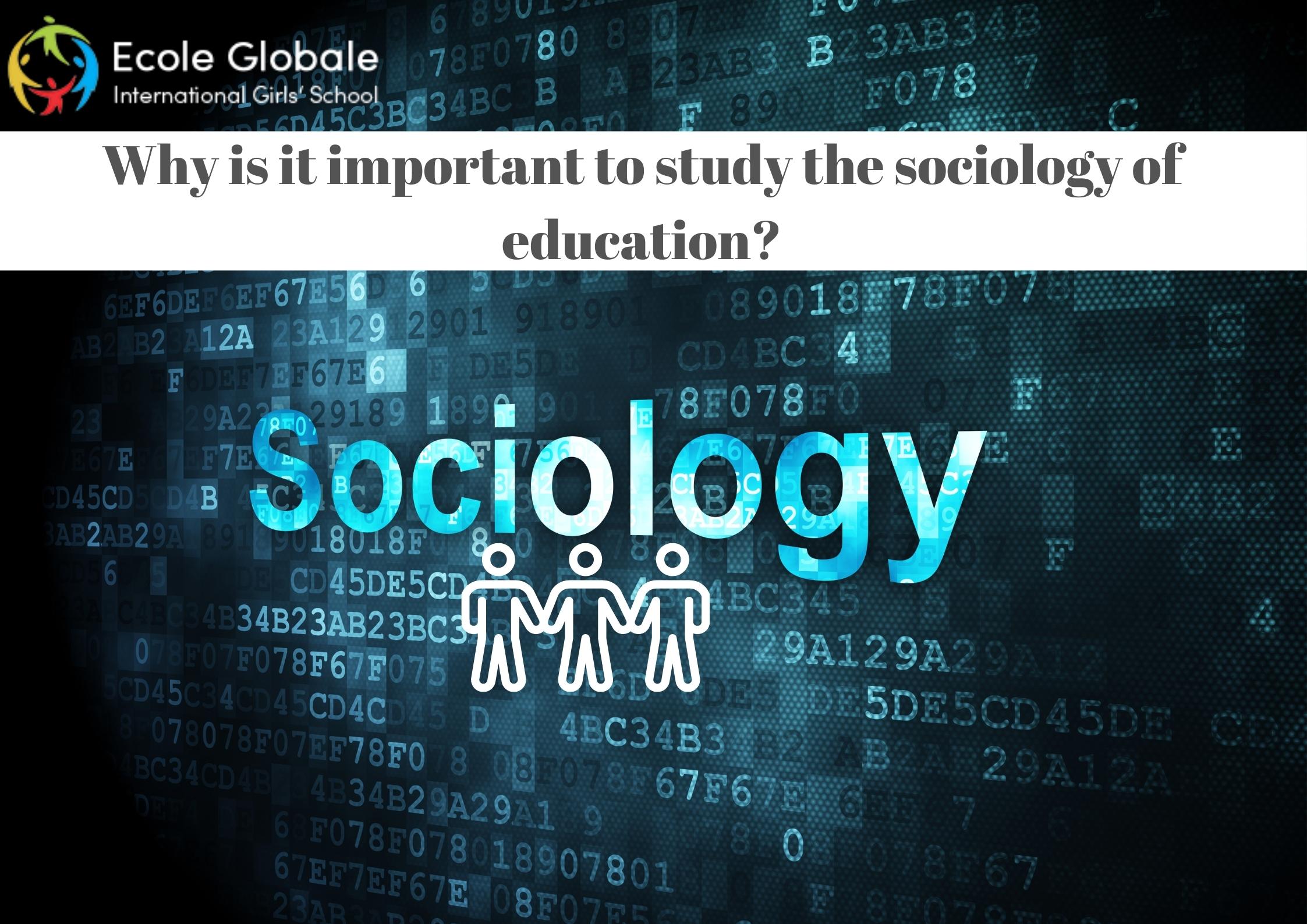Why is it important to study the sociology of education? That is a question that may have been on your mind lately with exams just around the corner. So, to help you answer that question I created this blog post to give you a few reasons why studying the sociology of education will better prepare you for those final exams.
When you hear the phrase “sociology of education,” what comes to mind? To most non-educational researchers, the term sociologists of education conjure images of pencil-necked nerds wearing thick glasses and awkwardly carrying pints of beer during their fieldwork.
However, suppose you’ve blocked out all memories of E. D. Hirsch from your head (for those who are too young to remember him, he is known as the quintessential sociology of education guru — those who remember him might also recall his signature round glasses) and brushed up on your current sociologists’ take on education (e.g., Pierre Bourdieu). In that case, you’d know that doing a good job of studying sociology of education can shed light on important details about educational systems and institutions in a way that no other academic discipline can.
Sociology of education is a vital field that explores how education influences and is influenced by society. It examines the interactions between schools, communities, and the broader social and political contexts. By delving into the sociology of education, we uncover the hidden dynamics shaping our educational experiences and outcomes.
Why is Sociology of Education Important?

Informed Decision Making
Understanding sociology of education empowers policymakers, educators, and parents to make informed decisions about educational policies and practices. Research by Harvard Kennedy School has shown that policies informed by social context and educational sociology can lead to more effective outcomes.
Addressing Inequality
Sociology of education helps us understand how social inequalities such as race, gender, and socioeconomic status impact educational opportunities. According to UNESCO, countries that actively integrate sociological insights into their educational policies tend to have higher rates of equity in education.
Enhancing Student Experience
By shedding light on the social aspects of learning, sociology of education reveals how schools can create supportive environments that foster student engagement and well-being. Studies from Stanford University highlight the correlation between supportive school environments and improved student outcomes.
Key Concepts in Sociology of Education

Social Reproduction
Social reproduction refers to how education can perpetuate social inequalities by replicating existing social structures. Research published in the Journal of Educational Psychology underscores how educational systems inadvertently reinforce disparities.
Cultural Capital
Cultural capital encompasses the knowledge, values, and beliefs that confer advantages in educational and social settings. Pierre Bourdieu’s seminal work on cultural capital illustrates how disparities in cultural resources can affect educational outcomes.
Symbolic Violence
Symbolic violence occurs when dominant groups impose their cultural values on subordinate groups through institutions like education. Research by Michel Foucault and Pierre Bourdieu emphasizes the impact of symbolic violence on marginalized communities within educational contexts.
The Impact of Sociology of Education on Teaching and Learning

Student-Centered Learning
Drawing from sociological insights, student-centered learning prioritizes students’ diverse needs, experiences, and perspectives. Research from Columbia University indicates that student-centered approaches can significantly enhance student engagement and academic achievement.
Critical Pedagogy
Inspired by sociology of education, critical pedagogy encourages students to question dominant narratives and develop critical thinking skills. Studies published in Educational Researcher demonstrate that critical pedagogy fosters civic engagement and prepares students to challenge social injustices.
The Role of Sociology of Education in Shaping Educational Policies

Evidence-Based Policymaking
Sociology of education provides evidence-based insights that inform policymaking, ensuring that policies effectively address the complex social factors influencing educational outcomes. Research collaborations between educational sociologists and policymakers have been pivotal in shaping effective educational reforms.
Equity and Inclusion
Informed by sociological research, policies promoting equity and inclusion acknowledge the diverse needs of students from various social backgrounds. Initiatives highlighted in OECD reports underscore the role of sociological research in designing inclusive educational policies.
Conclusion
Sociology of education is crucial for understanding how our educational systems interact with societal dynamics. It empowers decision-makers to enact policies that promote equity and enhance student experiences. By addressing inequalities and promoting evidence-based practices, sociology of education plays a pivotal role in creating inclusive learning environments. It underscores the importance of student-centered learning and critical pedagogy, supported by research from institutions like Harvard Kennedy School and Columbia University. As we continue to integrate sociological insights into policymaking, we move towards a more equitable and effective education system that benefits all learners, regardless of background or circumstance.
FREQUENTLY ASKED QUESTION
-
What is the sociology education?
Answer. Sociology of education studies how education influences and is influenced by society.
-
Why is the sociology education important?
Answer. It helps understand educational inequalities and improve policies for better outcomes.
-
How does sociology education address inequality?
Answer. By examining social factors like race, gender, and class that impact education.
-
What is social reproduction in education?
Answer. It’s how education perpetuates existing social inequalities.
-
What is cultural capital?
Answer. Cultural knowledge and skills that give advantages in educational settings.









